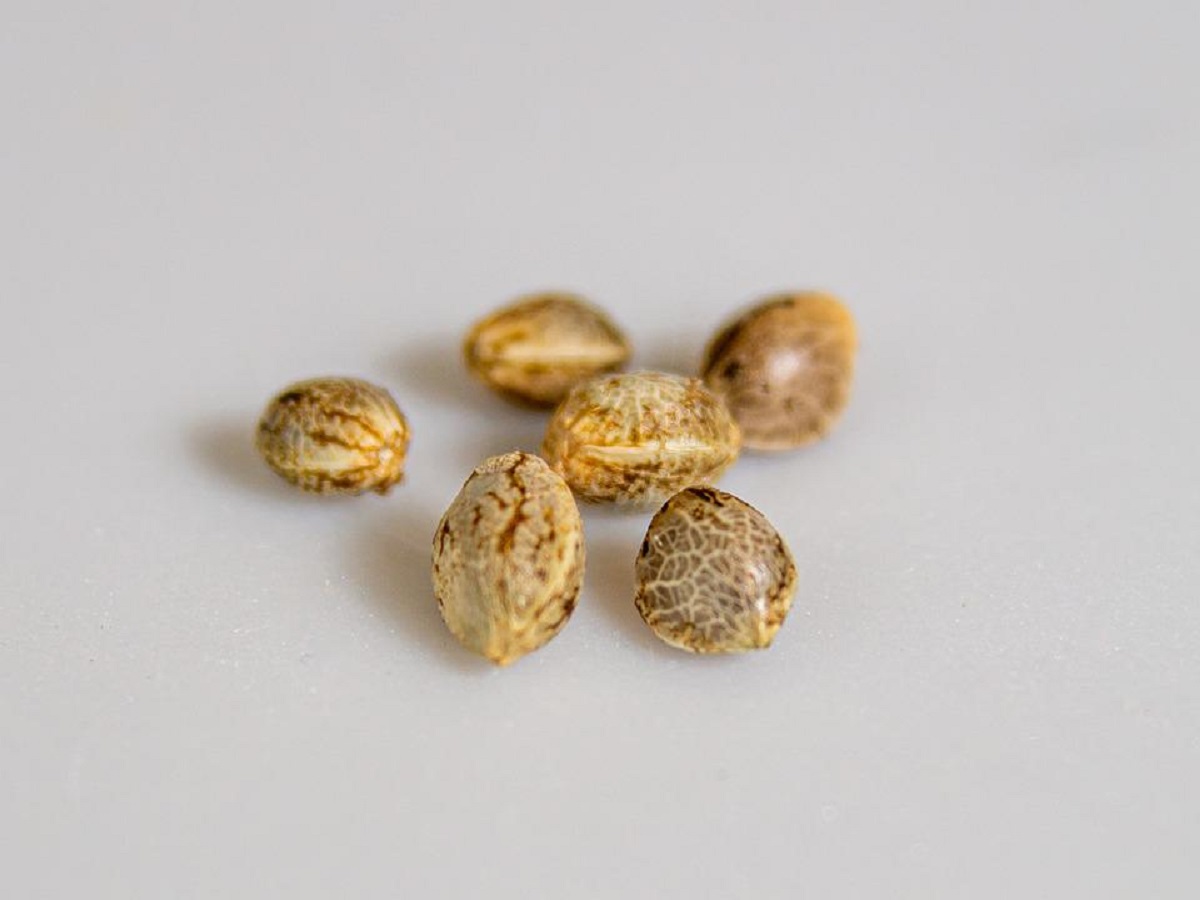
Cannabis Associated With “Better Outcomes” Among Pancreatitis Patients

Cannabis Associated With “Better Outcomes” Among Pancreatitis Patients
The pancreas is a large gland behind humans’ stomachs, close to the first part of the small intestine, and it serves two important biological purposes. The first function is to make insulin, and the other is to make digestive enzymes to help the human body digest food.
Unfortunately, some people experience a serious health condition called pancreatitis, in which their pancreas is inflamed. Chronic pancreatitis is when the condition is ongoing. Common treatments for chronic pancreatitis include strict diets, enzyme supplements, over-the-counter and prescription pain relievers, and in severe cases, surgeries such as a total pancreatectomy.
In a November 2024 study, a team of international health researchers estimated that “from 1990 to 2021, global pancreatitis cases increased from 1.73 million to 2.75 million, representing a rise of 59%.”
A separate study was conducted this summer by a team of researchers affiliated with various health and academic institutions in India and the United States, in which they examined medical cannabis use among people hospitalized with chronic pancreatitis. The study’s findings were published in the Journal of Gastrointestinal and Liver Diseases.
” Previous studies have shown that cannabis may reduce disease severity of pancreatitis. We aim to use nationally available data to further investigate the impact of cannabis on outcomes among patients with chronic pancreatitis (CP).” the researchers stated about the aim of their investigation.
“Nationwide Inpatient Sample (NIS) 2016-2020 was used to identify patients with CP. Patients were stratified based on the presence of cannabis use. Data was collected regarding patient demographics, comorbidities, and Charlson Comorbidity Index (CCI). The outcomes assessed were sepsis, acute kidney injury (AKI), deep vein thrombosis (DVT), pulmonary embolism (PE), intensive care unit (ICU) admission, acute pancreatitis (AP), pancreatic cancer, total charges, and length of stay. The relationships were analyzed using multivariate logistic regression.” the researchers wrote, explaining their methodology.
The investigation determined that out of 907,790 hospitalized patients involved in the study, 52,360 (5.8%) were cannabis consumers, and that “after adjusting for confounding factors, cannabis use was associated with decreased odds of mortality, DVT, PE, ICU admission, and pancreatic cancer.”
“Our study found that cannabis use is associated with reduced disease severity and better outcomes among patients hospitalized with CP. Further studies are needed to confirm our findings and explore the role of cannabinoids in pancreatitis.” the researchers concluded.
Share article


Share article
Join Our Awesome Community
Join Our Awesome Community
Join Our Awesome
Community
Get all the latest industry news
delivered to your inbox







